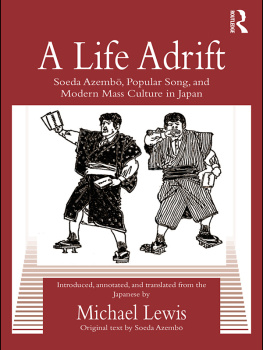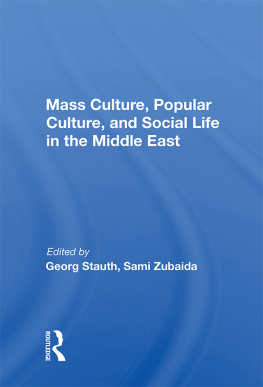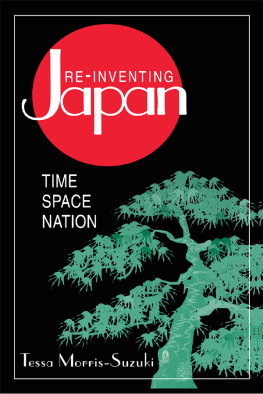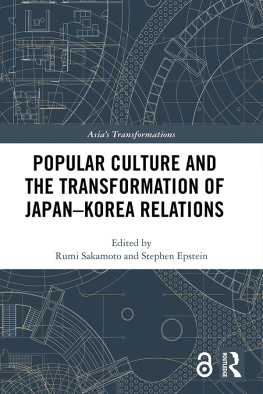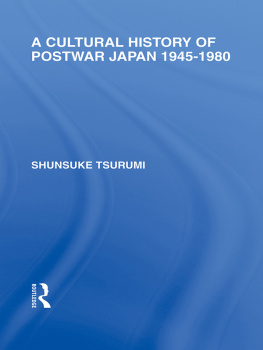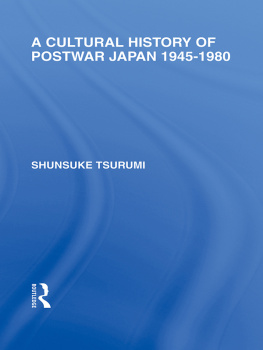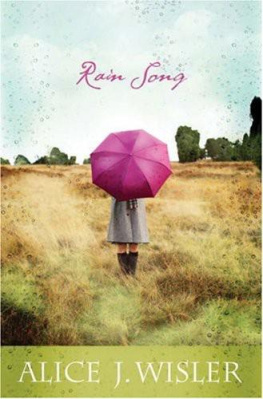A Life Adrift
A Life Adrift, the memoir of balladeer-political activist Soeda Azemb (18721944), chronicles his life as one of Japans first modern mass entertainers and imparts an understanding of how ordinary people experienced and accommodated the tumult of life in prewar Japan. Azemb created enka songs sung by tenant farmers in rural hinterlands and factory hands in Tokyo and Osaka. Although his work is still largely unknown outside Japan, his poems and lyrics were so well known at his careers peak that a single verse served as shorthand expressing popular attitudes about political corruption, sex scandals, spiralling prices, war, and love of motherland. As these categories attest, he embedded in his songs contemporary views on class conflict, gender relations, and racial attitudes toward international rivals. Ordinary people valued Azembs music because it was of them and for them. They also appreciated it for being distinctively modern and home-grown, qualities rare among the cultural innovations that flooded into Japan from the mid-nineteenth century. A Life Adrift stands out as the only memoir of its kind, one written first-hand by a leader in the world of enka singing.
The Author
Michael Lewis is Professor of History at Michigan State University.
Routledge Contemporary Japan Series
- A Japanese Company in Crisis
- Ideology, strategy, and narrative
- Fiona Graham
- Japans Foreign Aid
- Old continuities and new directions
- Edited by David Arase
- Japanese Apologies for World War II
- A rhetorical study
- Jane W. Yamazaki
- Linguistic Stereotyping and Minority Groups in Japan
- Nanette Gottlieb
- Shinkansen
- From bullet train to symbol of modern Japan
- Christopher P. Hood
- Small Firms and Innovation Policy in Japan
- Edited by Cornelia Storz
- Cities, Autonomy and Decentralization in Japan
- Edited by Carola Hein and Philippe Pelletier
- The Changing Japanese Family
- Edited by Marcus Rebick and Ayumi Takenaka
- Adoption in Japan
- Comparing policies for children in need
- Peter Hayes and Toshie Habu
- The Ethics of Aesthetics in Japanese Cinema and Literature
- Polygraphic desire
- Nina Cornyetz
- Institutional and Technological Change in Japans Economy
- Past and present
- Edited by Janet Hunter and Cornelia Storz
- Political Reform in Japan
- Leadership looming large
- Alisa Gaunder
- Civil Society and the Internet in Japan
- Isa Ducke
- Japans Contested War Memories
- The memory rifts in historical consciousness of World War II
- Philip A.Seaton
- Japanese Love Hotels
- A cultural history
- Sarah Chaplin
- Population Decline and Ageing in JapanThe Social Consequences
- Florian Coulmas
- ZainichiKorean Identity and Ethnicity
- David Chapman
- A Japanese Joint Venture in the Pacific
- Foreign bodies in tinned tuna
- Kate Barclay
- Japanese-Russian Relations, 19072007
- Joseph P. Ferguson
- War Memory, Nationalism and Education in Post-War Japan, 19452007
- The Japanese history textbook controversy and Ienaga Saburos court challenges
- Yoshiko Nozaki
- A New Japan for the Twenty-First Century
- An inside overview of current fundamental changes and problems
- Edited by Rien T. Segers
- A Life Adrift
- Soeda Azembo, popular song and modern mass culture in Japan
- Translated by Michael Lewis
A Life Adrift
Soeda Azemb, Popular Song, and Modern Mass Culture in Japan
Introduced, annotated, and translated from the Japanese by
Michael Lewis
First published 2009 by Routledge
2 Park Square, Milton Park, Abingdon, Oxon OX14 4RN
Simultaneously published in the USA and Canada
by Routledge
Routledge is an imprint of the Taylor & Francis Group, an informa business
This edition published in the Taylor & Francis e-Library, 2008.
To purchase your own copy of this or any of Taylor & Francis or Routledges collection of thousands of eBooks please go to www.eBookstore.tandf.co.uk.
2009 Michael Lewis
All rights reserved. No part of this book may be reprinted or reproduced or utilised in any form or by any electric, mechanical or other means, now known or hereafter invented, including photocopying or recording, or in any information storage or retrieval system, without permission in writing from the publishers.
British Library Cataloguing in Publication Data
A catalogue record for this book is available from the British Library
Library of Congress Cataloging in Publication Data
A catalog record has been requested for this book
ISBN 0-203-88621-6 Master e-book ISBN
ISBN10: 0-7103-1337-3 (hbk)
ISBN10: 0-203-88621-6 (ebk)
ISBN13: 978-0-7103-1337-9 (hbk)
ISBN13: 978-0-203-88621-2 (ebk)
In Memory of Iwasaki Shigetoshi
Acknowledgements
I first encountered Soeda Azemb as a lone voice happily singing bitter songs about modernitys mixed blessings. In the years since I began learning about the life behind the lyrics, my solitary relationship with Azembs as subject for historical study has made for many friendships with people who have helped me come to know him better. Azemb was a prickly character, a pessimistic humanist and popular entertainer with a reclusive streak. I sometimes wonder how he might have felt about his individual poetic voice providing an opportunity to engage so many collaborators in assaying his place in Japanese history. I am still unsure how to answer that, but suspect that Azemb, ever the performer, would probably be pleased to once again be in a new publics gaze. From what I have learned about his willingness to give credit where it is due, I am more confident that he would approve acknowledging the players whose efforts make it possible for the mute cicada to be heard again after such a long silence.
I am especially appreciative of the librarians and archivists at Waseda University, Sophia University, and the Kanagawa Museum of Modern Literature Research (Kanagawa Kindai Bungaku Kan) who guided me to sources of information about Azembs life and times. The Kanagawa Museum additionally facilitated the use of photographs reproduced in this volume. Professors Anzai Kunio at Waseda and Kate Wildman Nakai at Sophia provided entre to their campus libraries and shared their thoughts on Azembs historical significance.
I received help from many quarters in translating A Life Adrift. Iwasaki Shigetoshi, an independent scholar and the person to whom this book is dedicated, taught me much about finding the meaning for ideas and expressions from an historical context that is no more. Iwasaki Sensei, at times bemused about one of Azembs arcane references, looked forward to reading how I would finally render Rysei-ki into English. I regret that the translation was not completed before he passed away. I trust that Iwasaki Yuko, who also became involved in this project, will appreciate how some of the puzzles of translation have been worked out in his final version, thanks to her and her husbands guidance.

